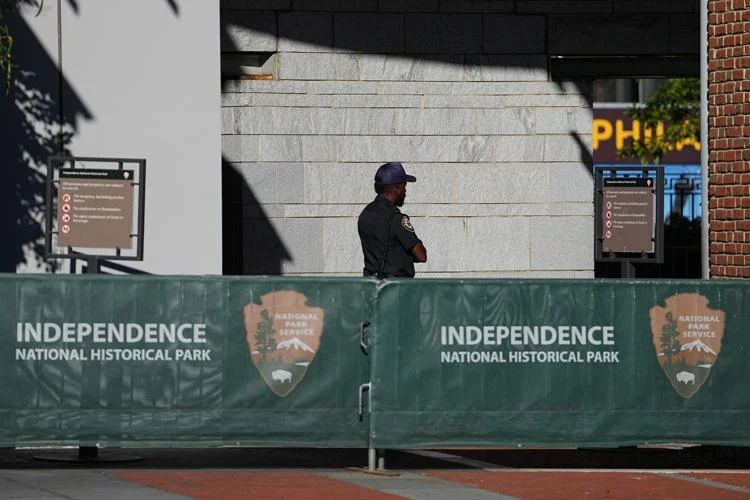The U.S. Senate recently faced a critical vote on the Eliminate Shutdowns Act (S 2806), aimed at preventing government shutdowns in the future. The cloture vote, however, failed, leaving the country without the legislative fix that proponents had hoped for. Despite the setback, many of America’s national parks will remain largely open, thanks to plans by the Trump administration to maintain minimal operations using park fees.
What Happened with the Eliminate Shutdowns Act

The Eliminate Shutdowns Act was designed to keep federal agencies funded even when Congress struggles to pass appropriations bills. Supporters argued that the legislation would prevent the disruptive closures that affect public services, federal employees, and visitors nationwide.
However, the cloture vote in the Senate did not secure the necessary support to move the bill forward. As a result, federal agencies remain vulnerable to funding lapses during budget standoffs. While the act would have provided a long-term solution, its failure means that temporary shutdown measures and contingency plans must remain in place.
National Parks Operations During the Shutdown
Despite the legislative impasse, the Trump administration announced plans to keep national parks mostly accessible. Rather than closing these treasured public lands entirely, park officials will operate with skeleton crews funded by park entrance fees.
This approach allows visitors to continue enjoying trails, landmarks, and natural wonders, although some services—such as visitor centers, guided tours, and certain amenities—may be limited. Campgrounds and recreational areas could also see reduced staffing, requiring visitors to plan ahead and be self-sufficient while exploring the parks.
By tapping park fees, the administration aims to minimize disruption while ensuring that critical maintenance and safety operations can continue. It’s a temporary solution that keeps America’s national treasures available to the public, even in times of political uncertainty.
The Broader Implications
While national parks remain accessible for now, the failed vote on S 2806 highlights the fragility of government operations when funding is uncertain. Shutdowns affect federal workers, conservation programs, and public services across the country, emphasizing the need for more stable funding mechanisms.
For visitors, this means a heightened awareness of potential service disruptions and the importance of supporting national parks in ways that sustain their long-term preservation. Entrance fees, donations, and responsible visitation all contribute to keeping parks operational during uncertain times.
Connect with Nature Remotely with SafariLIVE Sunset
For those who want to experience the beauty of nature even if visiting parks is challenging, SafariLIVE Sunset offers a unique solution. Streaming live safaris from Africa, SafariLIVE brings wildlife, sunsets, and conservation stories directly to your home.
Whether you’re observing lions on the hunt, elephants moving across the plains, or the quiet majesty of the savannah at dusk, SafariLIVE Sunset allows viewers to connect with the natural world from anywhere. You can stream past episodes on-demand and catch live broadcasts each evening. Explore the breathtaking scenes and conservation insights here: SafariLIVE Sunset.
Looking Ahead
The failed cloture vote on the Eliminate Shutdowns Act may not have closed national parks, but it underscores the ongoing challenges of federal budgeting and resource management. Visitors, conservationists, and lawmakers alike must remain vigilant and proactive in protecting both public lands and the people who care for them.
Meanwhile, digital platforms like SafariLIVE Sunset provide an inspiring reminder that even when access to physical parks is complicated, the natural world—and our connection to it—remains within reach. Streaming wildlife experiences and supporting conservation efforts help ensure that these ecosystems endure for generations to come.


